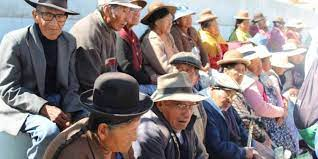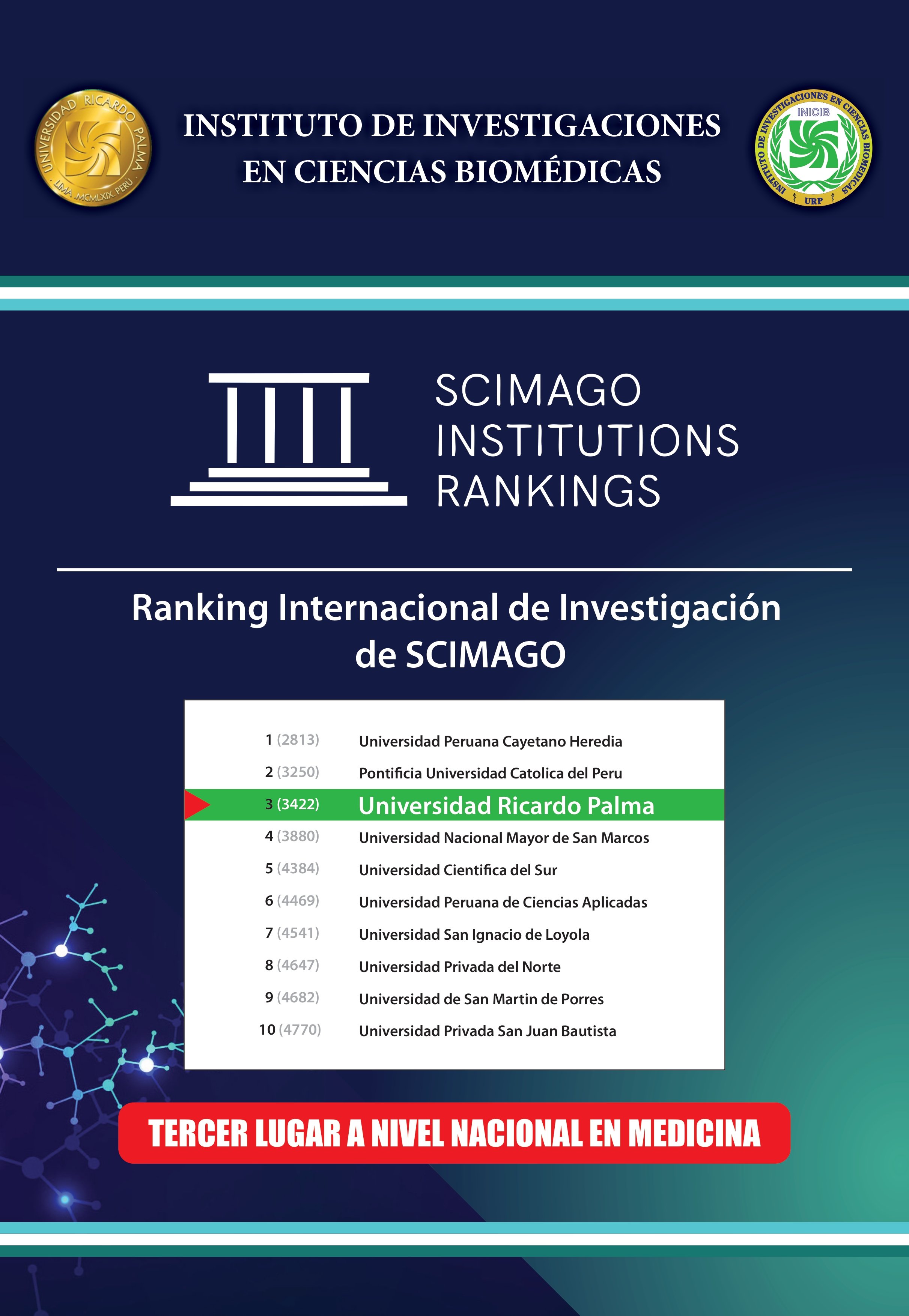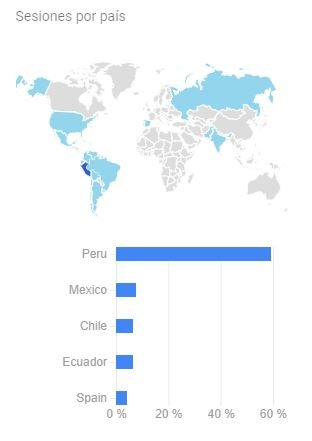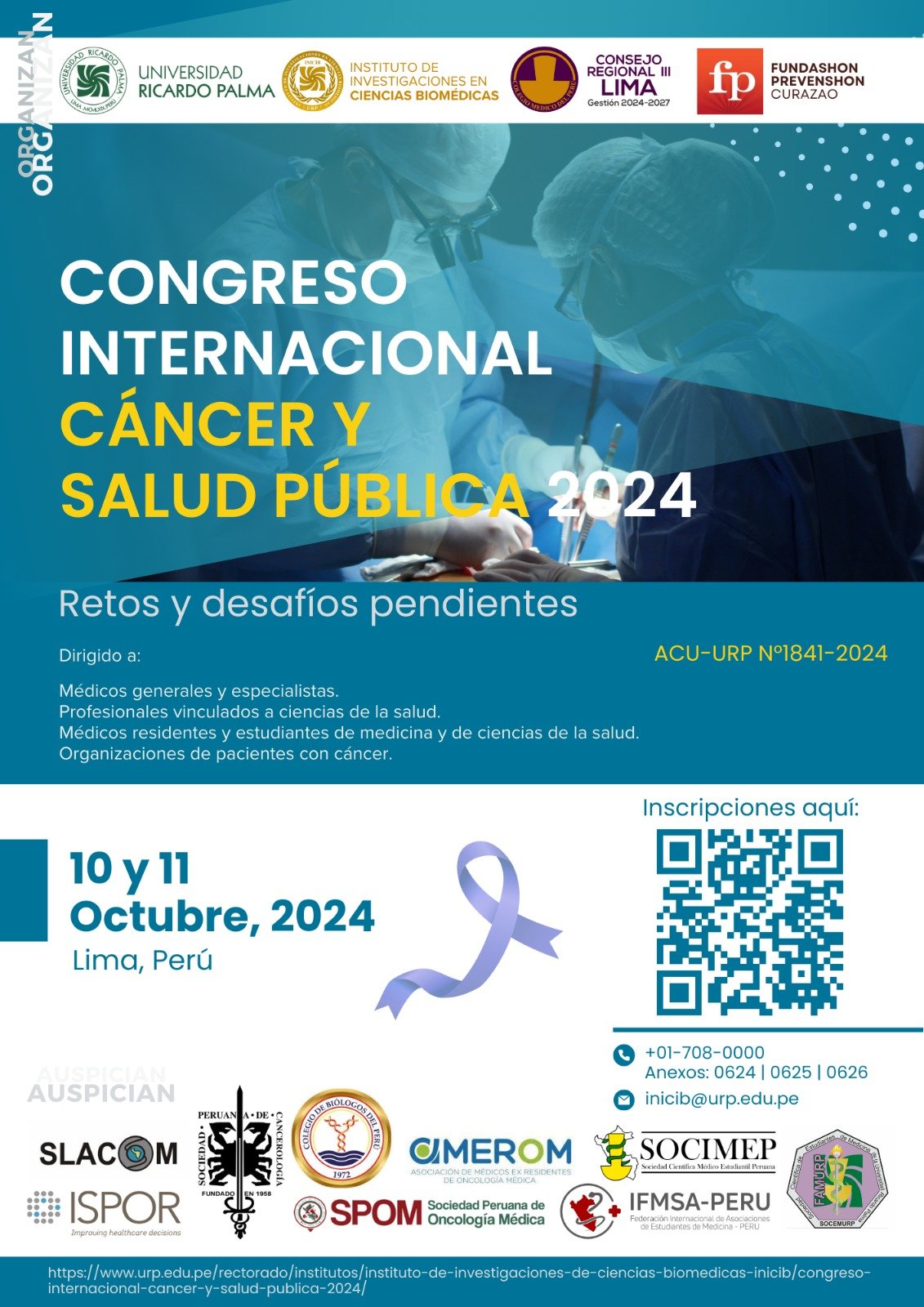Fragility syndrome in older adults in a rural community in the Peruvian Andes
Síndrome de fragilidad en adultos mayores de una comunidad rural de los andes peruanos
DOI:
https://doi.org/10.25176/RFMH.v21i2.3268Keywords:
Frail Elderly, Prevalence, Rural Communities, PeruAbstract
Objectives: To determine the prevalence and factors associated with Frailty Syndrome (SF) in older adults residing in the district of Chaglla-Huánuco, located at 3000 meters above sea level. Methods: Analytical cross-sectional study of adults over 60 years of age living in a rural community in the Peruvian Andes. For the evaluation of the dependent variable, a modified version of Fried's criteria was used. The factors associated with SF were calculated using crude and adjusted prevalence ratios with 95% confidence intervals (95%CI), using a multiple Poisson regression model with robust variance. A p value <0.05 was considered significant. Results: 233 older adults were studied (median: 74, interquartile range: 70-79 years), 50.6% women. The prevalence of FS was 72.1%. The presence of depression (PR=1.77; 95%CI: 1.43-2.18, p <0.001) and female gender (PR=1.46; 95%CI: 1.16-1.81, p=0.001), were associated factors that increased the prevalence of FS. Conclusions: The prevalence of FS among older adults residing in a rural Andean community was high. The factors associated with this diagnosis were the presence of depression and female sex. More studies are required on this topic in rural populations in high altitudes.
Downloads

Downloads
Published
How to Cite
Issue
Section
License
Copyright (c) 2021 Revista de la Facultad de Medicina Humana

This work is licensed under a Creative Commons Attribution 4.0 International License.



































